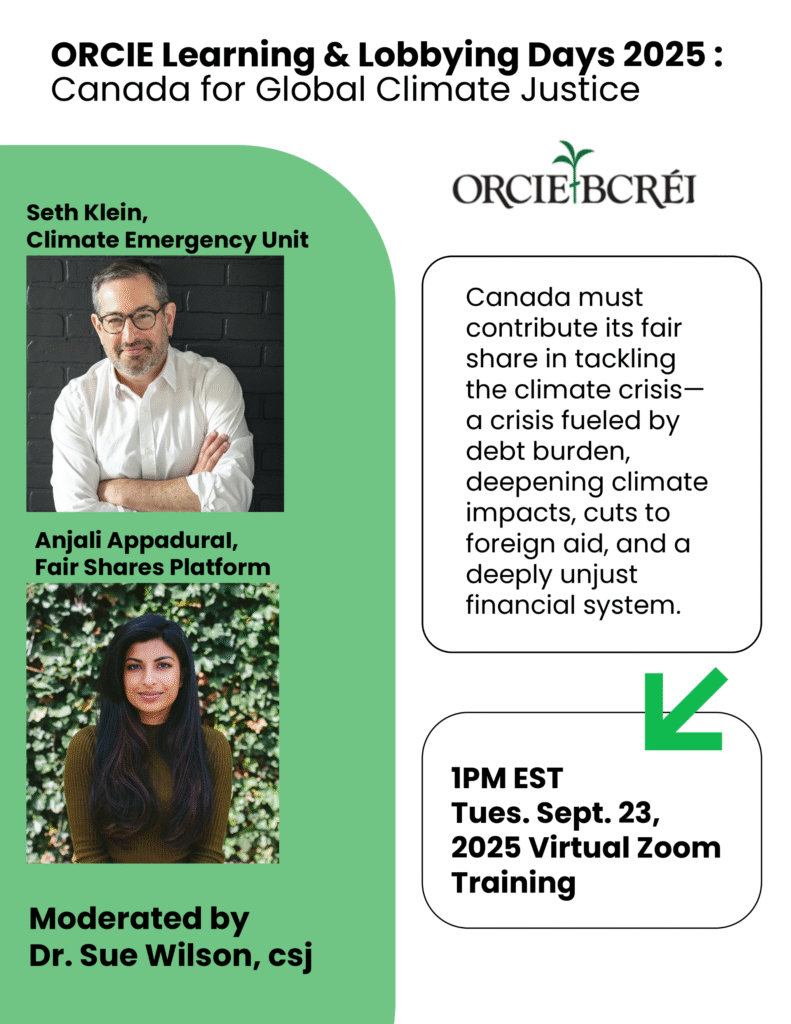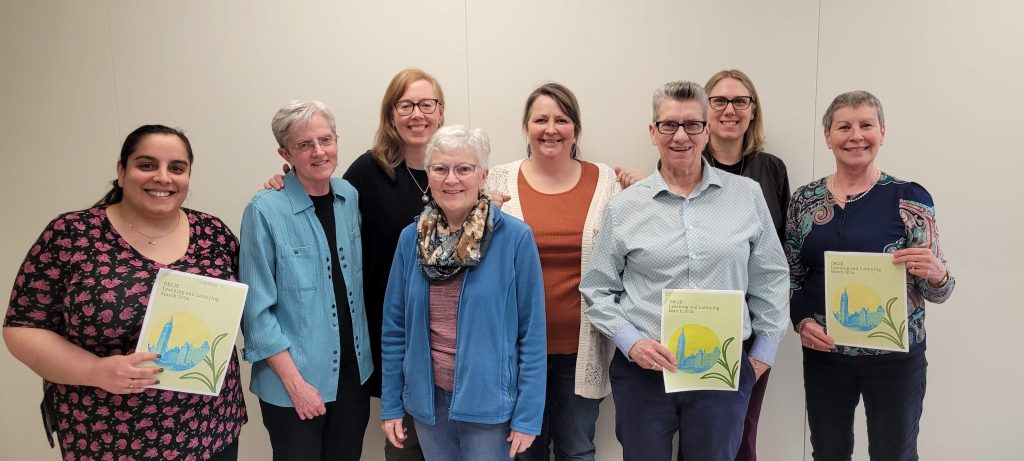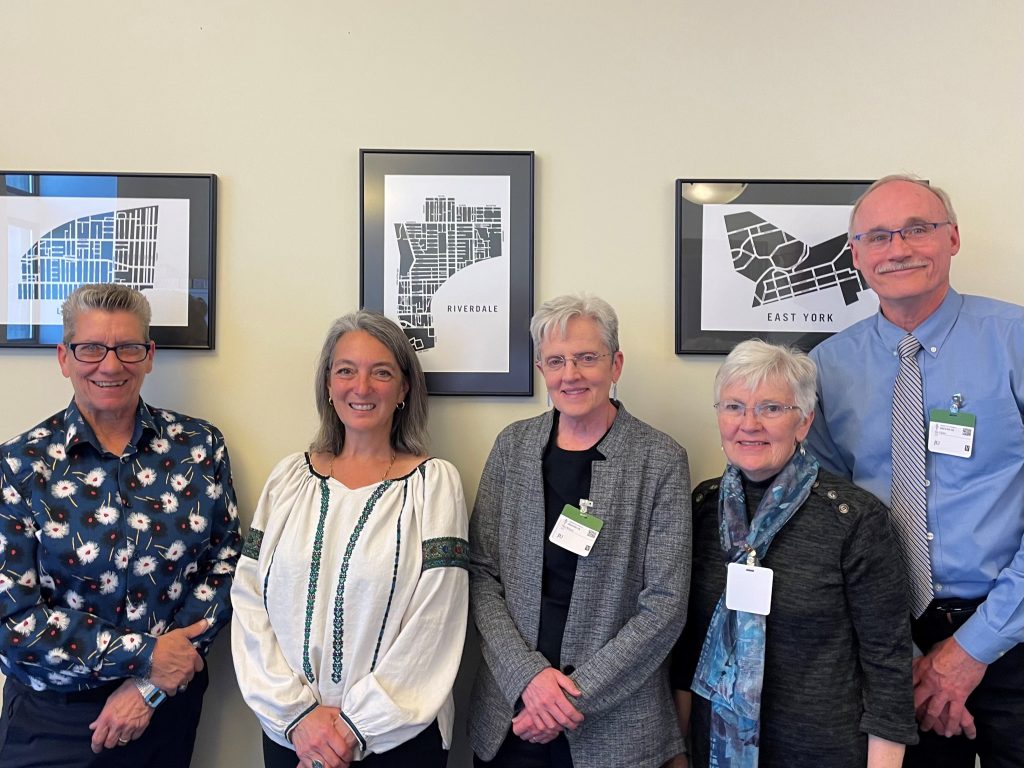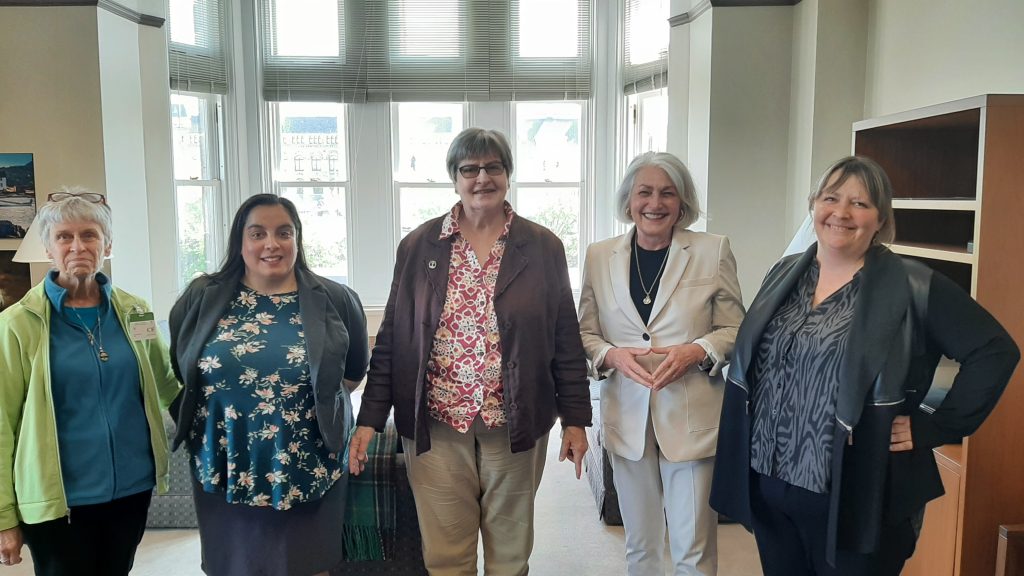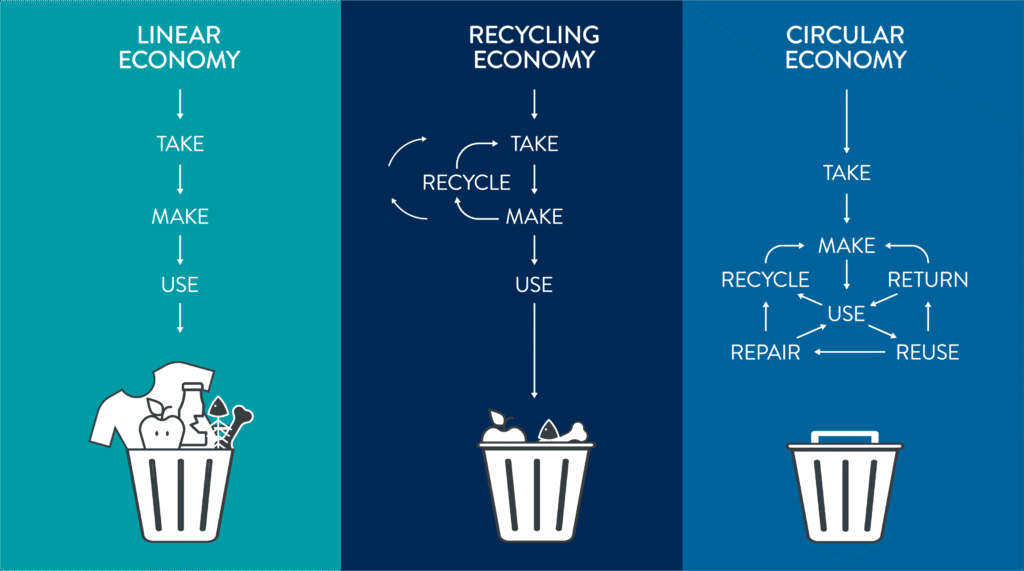By Joe Gunn, Board Co-Chair & Treasurer, ORCIE
After the spring 2025 election, Canadians had to wait until November 4 to see the “generational budget” promised by their new federal government. It was then that ORCIE saw proof that environmental justice has been massively downgraded in importance – as well as in planned future action by our leaders.
The federal government wanted to highlight three buzzwords to describe their priorities: Build, Protect, and Empower. But the main takeaways are headlined in a massive $78 billion deficit, sharply increased military spending to immediately total 2% of GDP (moving quickly to 5% of GDP by 2035), and state “investments” and tax reductions to move the private sector economy forward, especially on newly selected PONIs (“Projects of National Interest.”)
How does Budget 2025 measure up to the demands of the climate emergency, when ORCIE members are advocating for approaches of integral ecology?
ORCIE’s recommendations for a federal budget defined by our vision of integral ecology was clearly outlined in our brief to the budget consultation process at the end of August. In short, ORCIE recommended action to accelerate the transition to a clean energy future, create meaningful new jobs for young people (in this moment of high youth unemployment), as well as for Canada to fulfill our promised international commitments to climate action.
The government’s “Climate Competitiveness Strategy” was finally released, a text of 14-pages in the 493- page “Canada Strong” budget document. What are the major headlines there?
Most importantly, there is no mention of Canadian commitments to achieve emission reduction targets. This represents a huge failure of government resolve. Canada’s target had been to reduce greenhouse gas emissions by 40% below 2005 levels by 2030. Much more concerted action is required to meet this promise, since the latest reports show we have only managed an 8.5% reduction to date. By refusing to acknowledge this targeted commitment, much less offer a strategy to get there, the federal government has chosen to abdicate its responsibility to all Canadians, other international actors as well as God’s creation.
More specifically, Canada’s Climate Competitiveness Strategy bows down in homage to the fossil fuel industry’s refusal to proceed with an emissions cap on oil and gas production. The federal government now asks Canadians to believe that other unspecified measures, like industrial carbon pricing, enhanced regulations to lower methane emissions, and providing massive subsidies to industry for Carbon Capture, Utilization and Storage (CCUS) schemes “at scale” are enough. The document states that an oil and gas emissions cap “would no longer be required” as it would then have “marginal value in reducing emissions.”
ORCIE is left to wonder if Canada’s Climate Competitiveness Strategy is not really a blueprint for exorbitant earnings to increase in the corporate sector controlled by the fossil fuel giants. MP Elizabeth May stated that extending CCUS tax credits for another five years, costing $3 billion, is just another fossil fuel subsidy. The Green Party leader said she cannot vote in favour of this budget.
Caroline Brouillette, executive director of Climate Action Network Canada (of which ORCIE is an active member) summarized by stating: “We were looking for much-needed clarity on how Ottawa would diversify the economy away from volatile fossil fuels, meet our international climate obligations, and steer Canada towards a safer and more affordable clean energy future. We’re still waiting,”
On a hopeful note, ORCIE was pleased to see the budget commit to spend $40 million over the next two years to establish a Youth Climate Corps, providing young Canadians with a range of work experiences in green endeavours that can help build more environmentally resilient communities. (ORCIE had advocated for $1 billion for this program over five years – the amount granted will only support 350 jobs in 2026.)
ORCIE was also dismayed to read how this federal budget will reduce Canada’s International Assistance Envelope by $2.7 billion over the next four years. The government has clearly chosen to prioritize building a “hard power” future for Canada through arms spending, rather than “soft power” to build relationships of solidarity among global citizens through development cooperation. These cuts suggest that the Jubilee 2025 campaign for the cancellation of odious debts of countries of the Global South will have much more work to do.
When COP30 will be taking place in Belém, Brazil, this same month, Canadian officials will have the unenviable task of explaining why our country seems to be lowering our commitments to climate action at home and abroad. ORCIE will be present to continue to advocate for better ways to build and protect our common home, and empower actions towards a future of integral ecology.

